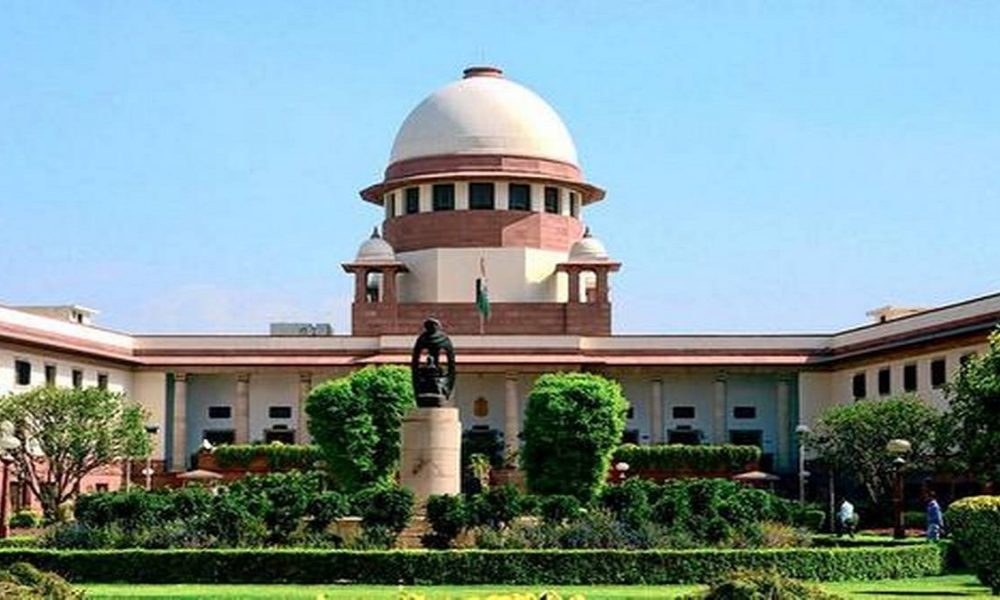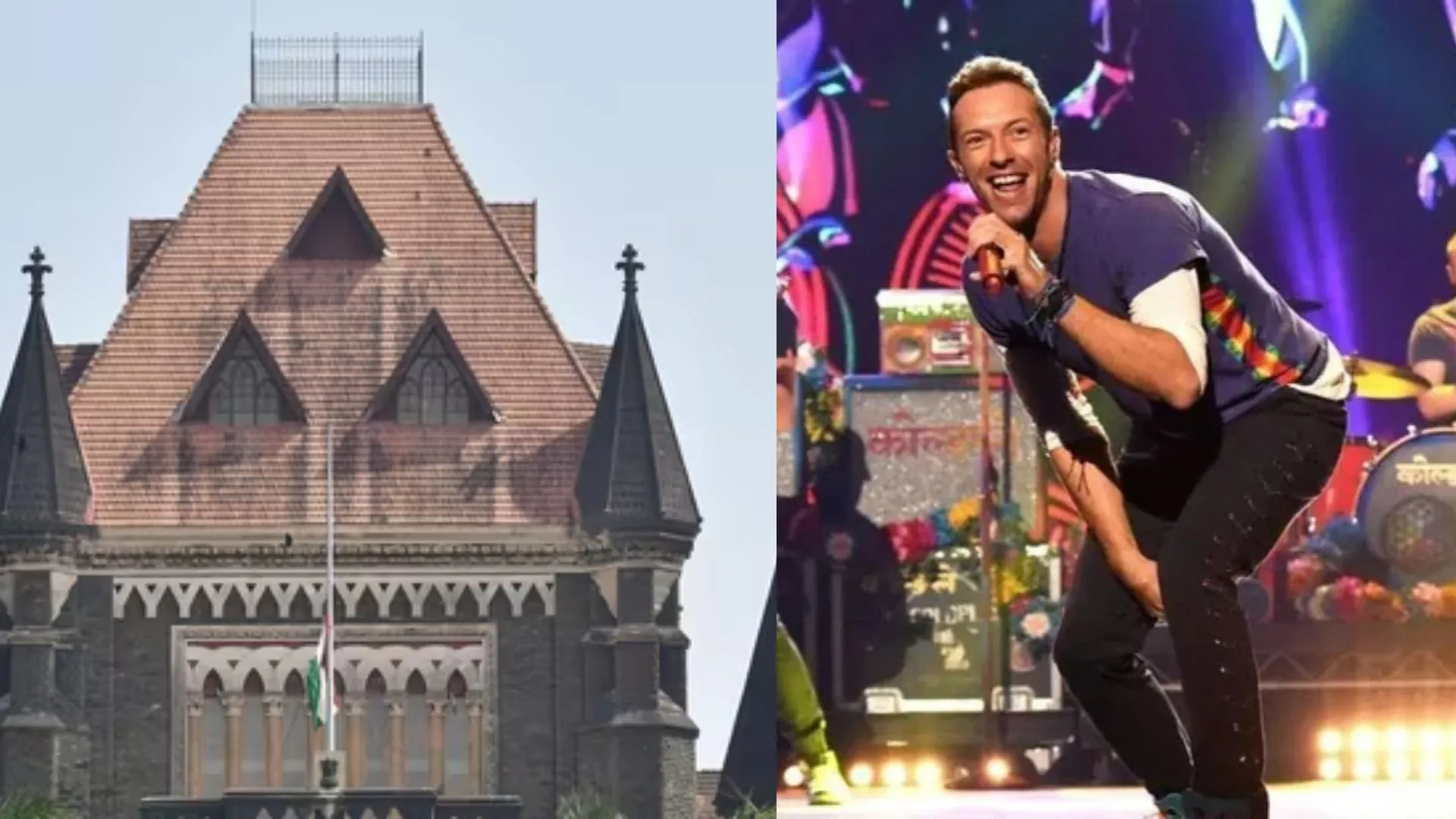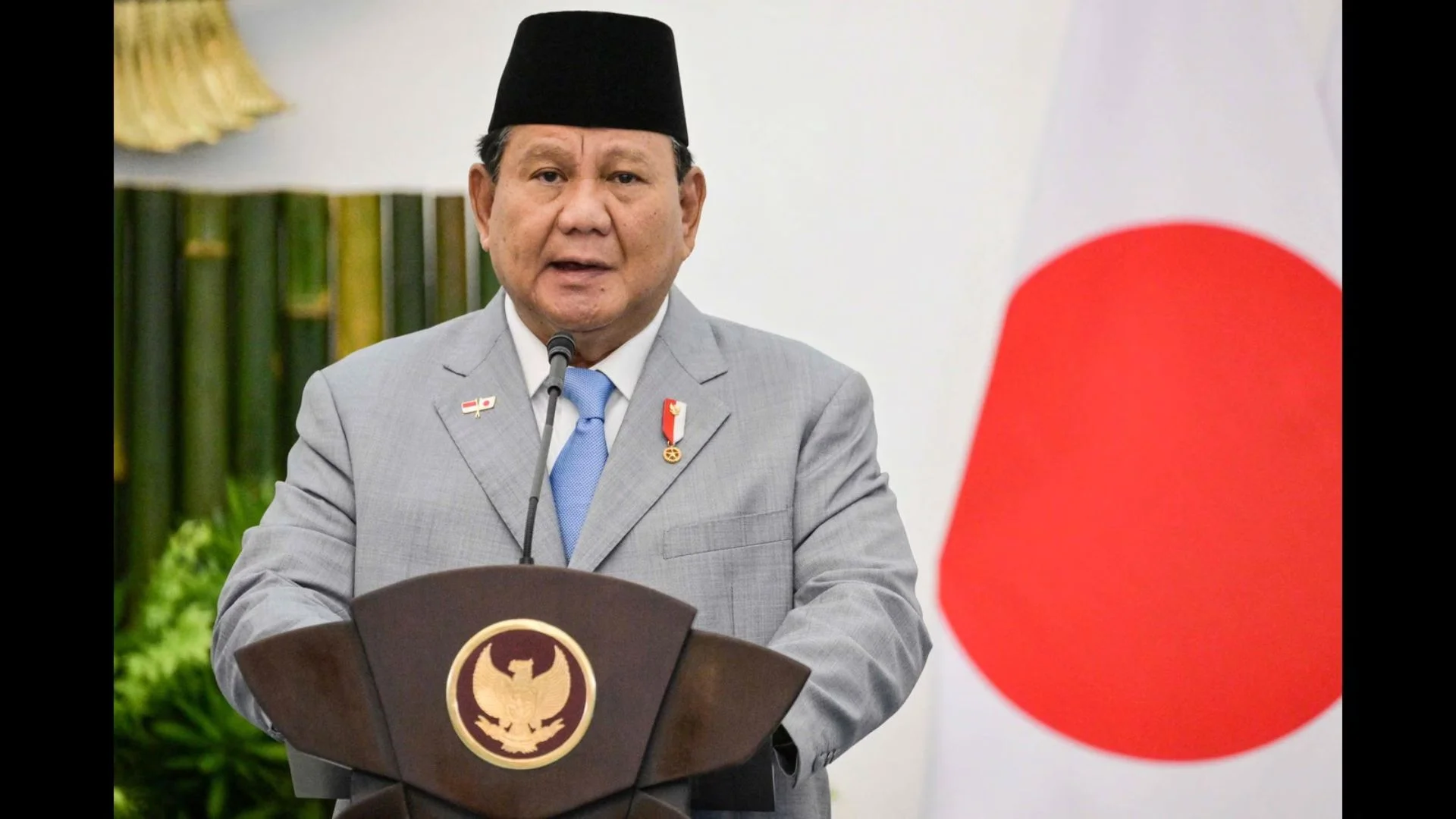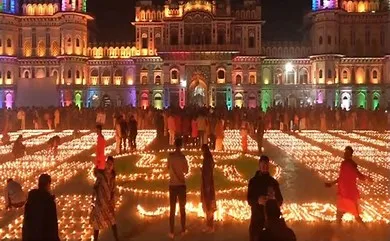Supreme Court in the Case Re Expeditious Trial of Cases under section 138 of the NI Act observed that most of the pending cases involve cheques of small amounts, making the effort being put in by the judicial and banking system disproportionate to the amounts to be recovered.
the Supreme Court suggested the formation of a policy for closure of cases of banks and financial institutions involving amount below a certain limit. The Court suggested that such policy can exempt the complaints filed by private parties, Supreme Court Expressing concerns at the huge volume of cases for dishonour of cheque under Section 138 of the Negotiable Instruments Act clogging the courts system.
Justice Ravindra Bhat observed:
is it not a case made out for writing off or closing those cases below a certain limit, like 10.000 or 15,000? If the effort that system and banks and lawyers are putting in is disproportionate amount to be recovered. Justice Bhat further observed a large number of these cases are small cheques that while the number of pending cases in the states are ranging from figure of 5 lakhs to10 lakhs.
Justice Bhat further elaborated:
Because I’m sure each date of hearing will be a cost on system, system as a whole, on the courts system and the public exchequer. I’m talking of tangible costs, like we say in tax cases, if tax effect is less than an amount, Union of India won’t file appeal. Why not adopt that and de-clog our courts?
Amicus Curie Luthra stated Responding to Justice Bhat’s suggestion He suggested that an amount limit of 10,000 or 15,000 can be fixed, below which there will be no prosecution. The process can them be examined periodically to see if the number of cases has reduced, one option can be to subject transactions below certain amounts to electronic payment (RTGS), so that the cheque business can be done away with.
the Amicus further suggested:
We can limit the amount and make it RTGS which is for union to come up with a scheme it will actually take a whole gamut of cases as this is destroying the criminal justice system.
Earlier however the Amicus suggested that post summons mediation would be more favourable as pre summon mediation may lead to unnecessary delay. The Alternate Dispute Resolution options must be explored and has proposed a statutory amendment to section 144 of the NI Act for attempting mediation.
Earlier by the Committee suggestion of having a national portal for secured display of summonses, searchable by account number/ name, Mr. Luthra informed that it would enable a person whose cheque has bounced to check if some summons have been issued of which Mr. Luthra responding to the court statement as to how the portal may not prevent evasion of summons Mr. Luthra submitted Evading summon is not a complicated issue in the country, avoiding notice is also not unknown.
The Bench of justice Nageswara Rao, Justice BR Gavai and Justice Ravindra Bhat orally asked the Centre and State Governments to come up with a policy in this regard, after an analysis to be undertaken by the banking sector, preferably the Indian Banks Association (IBA).
In Re Expeditious Trial of Cases under Section 138 of NI Act, the bench was considering its Suo motto cases The Bench has further directed the State and Centre to respond to all the suggestions made by Amicus Curiae, the bench also called for the responses of the High Courts to the same and posted the case to May 12 for further hearing
The Bench of justice Nageswara Rao, Justice B.R. Gavai and Justice Ravindra Bhat orally asked the Centre and State Governments to come up with a policy in this regard, after an analysis to be undertaken by the banking sector, preferably the Indian Banks Association (IBA).























